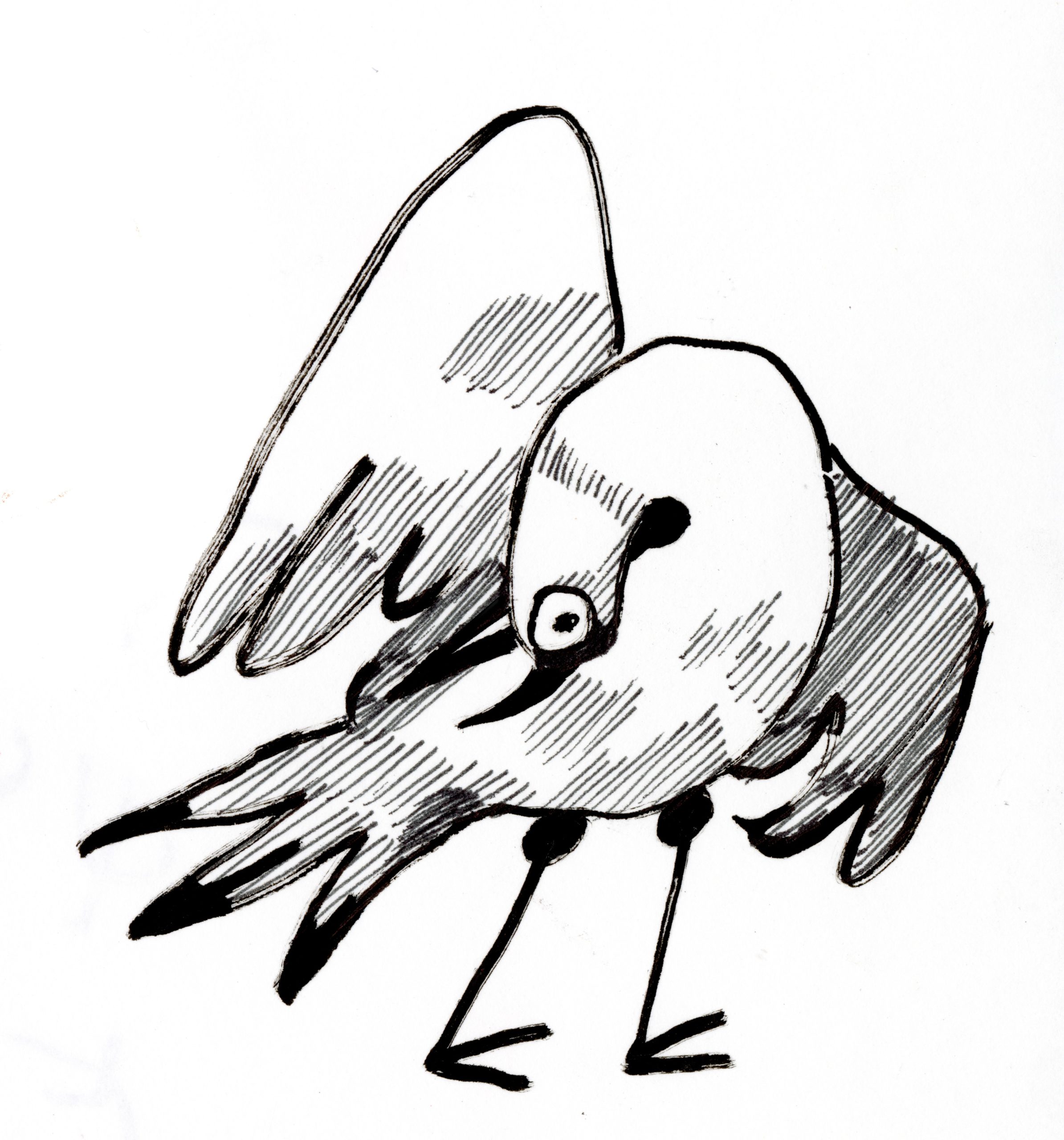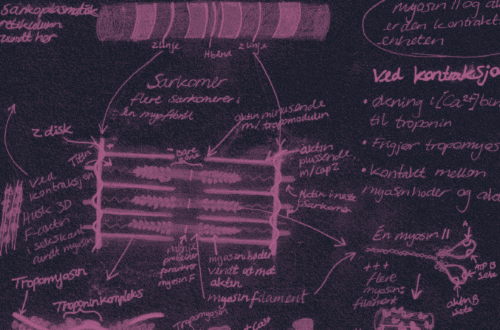Skribent: Keith Zhou
Illustration: Helene Winge Einbu
Having lived in Oslo for nine years and calling it my adopted home—which has created quite a bit of confusion as people have literally asked me several times if I was adopted as a child—I have heard constant complaints from my white friends about how difficult it is to blend into Norwegian society. Being Chinese myself, I always found these complaints hard to comprehend—not because they are not true, but because of the sudden revelation: “oh, it is actually hard for them as well”!
Use as many meaningless small norsk words as possible. By this I mean «hæ» «jah» and «oi», which attract attention and emphasise the tones without inputting any specific meaning.
One common issue, according to my friends and my personal experience, is that Norwegians tend to switch to English once they realise you are not a native Norwegian speaker. Thankfully, I have over the years summed up the following few rules, which might be able to help anyone in need of convincing people of their Norwegian-ness—at least in the very beginning.
1)Make a huge fuss whenever the sun comes out. “Oi!” “Sola!” “Sola skinner!” Still, these are just beginner’s tricks and carry big risks, as your accent might give you away within a few seconds. The more advanced approach would be sitting there motionlessly, looking at the sunshine with a fake but deep, deep affection. Better still, if you can shift your eyes instantly from warm to cold and cast an indifferent glance at the cheering crowds around. If necessary, repeat the norsk word “rolig” three times internally to summon up inner peace. Remember that the sunshine is only something nice and comfortable, but not nice or comfortable enough to make you crack a big smile. You do that only when you have some sort of alcohol within arm’s length.
2)Complain about the warm winter. Genuinely, sincerely, painfully and seriously. Prepare to be treated as a weirdo if you do this in front of foreigners (especially Asians. They would never understand). It should not be that hard for Brits. They are complaining every day about everything anyway.
3)If you cannot speak proper norsk, try blending the sentence with English words. Replacing the right words with English will elevate those simpleton sentences you use to a totally different level. They become trendy, funny and refreshing.
3)1)Adjectives work the best in this respect. «Jeg er busy.» «Hun er rich!» Some adjectives should never be spoken in norsk, for example, «laid-back» and «down-to-earth», unless you want to be regarded as middle-aged at the age of twenty-five. But at the same time some adjectives must always appear in norsk, such as «rolig», «dum», «frisk», «spennende», «koselig» and «dyrt (the best would be «shitty dyrt», e.g «Oslo er shitty dyrt!»)».
3)2)While busy with replacing Norwegian adjectives with English ones, you should try to use as many nouns in norsk as possible. «Jeg vil gjerne ha to carrots!» will only make people suspect that you cannot pronounce «gulrøtter» properly (I know, it’s hard). Nouns in norsk are particularly effective when you are in the company of non-Scandinavian friends. «Today I’m gonna make…. errrr…..what is that word in English (scratching your head as if you are raking your brain to find that word in English but, in fact, you are just preparing yourself to pronounce that word in norsk)…ugh…(desperately twisting your lips and pulling your hair, but giving up eventually)….grøt! Sorry, I’m so bad in English (try not to laugh and sound as sincere as possible).»
3)3)Verbs are one of the most important elements in any language. And it is natural that as a foreigner, you can only use a limited number of verbs in norsk properly. So, when it comes to verbs, while you are speaking English with your non-Scandinavian friends, try to find the corresponding verbs in English—but only the wrong one. “I will go to school today, oh sorry, I mean I will ‘walk’ to school today, beklager!” As another example, always suppress your urge to use the verb “teach” and try to say “learn someone/oneself” instead. “Teach” is a verb that has gotten completely lost in the Norwegian-English mental translation.
3)4)Strong and extreme emotions, which are a rarity in the norsk national character and require dirty words, should always be expressed in American English. «Shitty dyrt!» «F**king hell». («Bloody hell» sounds a bit contrived because, sorry Brits, you guys are not as popular as the Americans here).
4)Forget about inversion of verbs or shifting forward adverbs in clauses or any other syntactic grammar, because middle-aged Norwegians are well aware that their teenagers are pretty much illiterate in norsk and speak English everyday, while they are eating cheeseburgers and kebabs. What they don’t know is that this is probably caused by the fact that they are terrible at explaining rules of their own language.
5)Use as many meaningless small norsk words as possible. By this I mean «hæ» «jah» and «oi», which attract attention and emphasise the tones without inputting any specific meaning.
Finally, to combine all these rules: «Oi! Sola skinner! Så koselig! Ja(h)! Where the fxxk is the snow! Nei da, jeg er ikke busy! Selvfølgelig, jeg skal hjem og slappe av! Hæ!? Lee, you are still going to learn yourself some Norwegian? Oki! Ha det!»
Martin Heidegger once said: “Language is the house of Being. In its home man dwells. Those who think and those who create with words are the guardians of this home.” Indeed, and those who borrow words from others and blend with their own have certainly made their home more fun and more accommodating.
Keith Zhou (f. 1986) studerer i Master matematikk ved Universitetet i Oslo.





